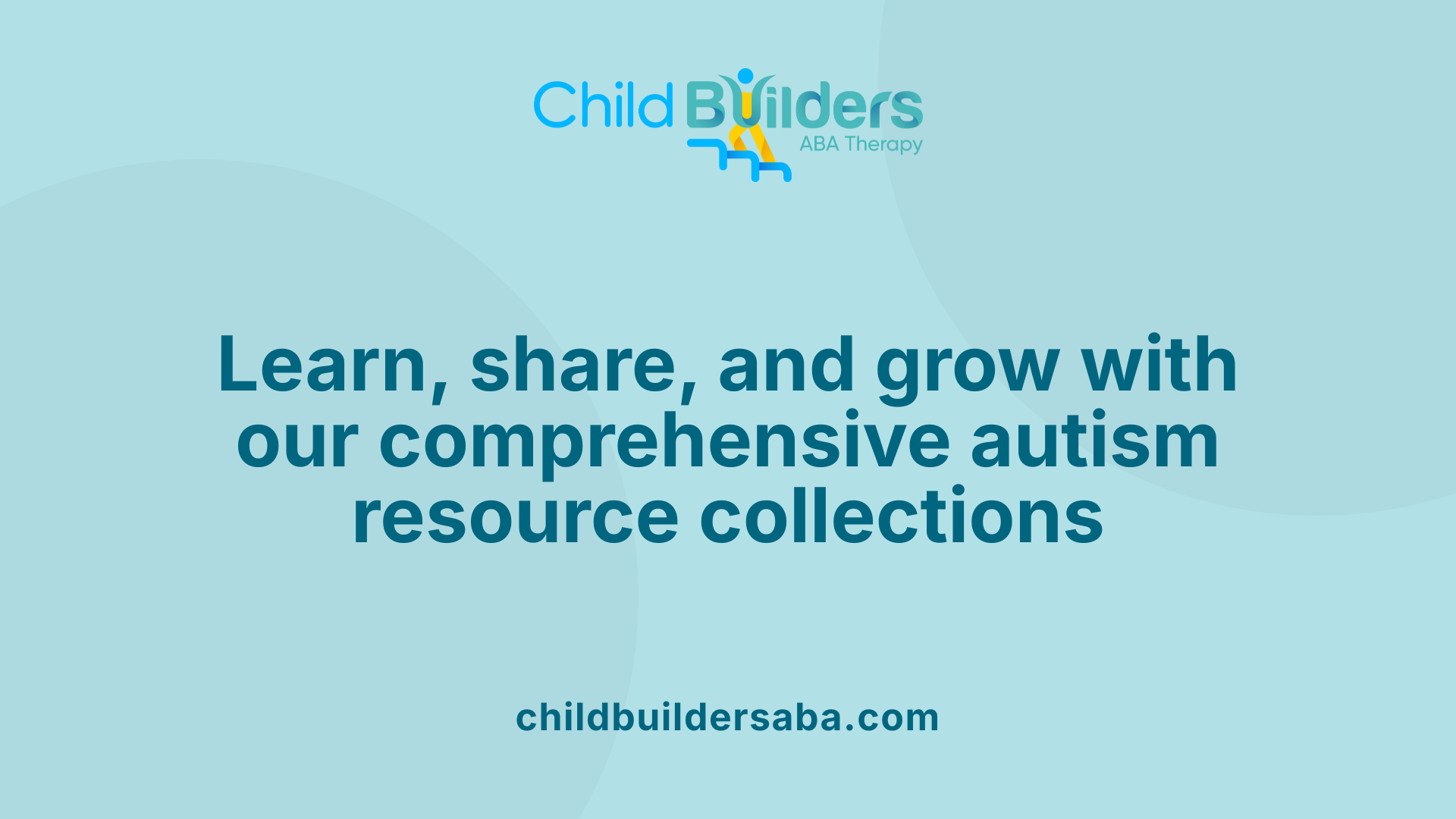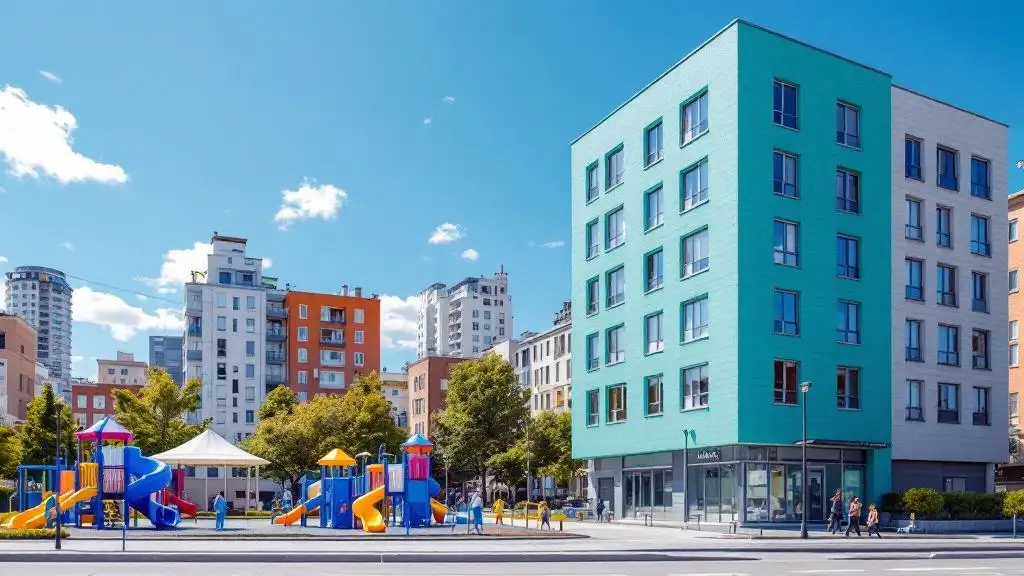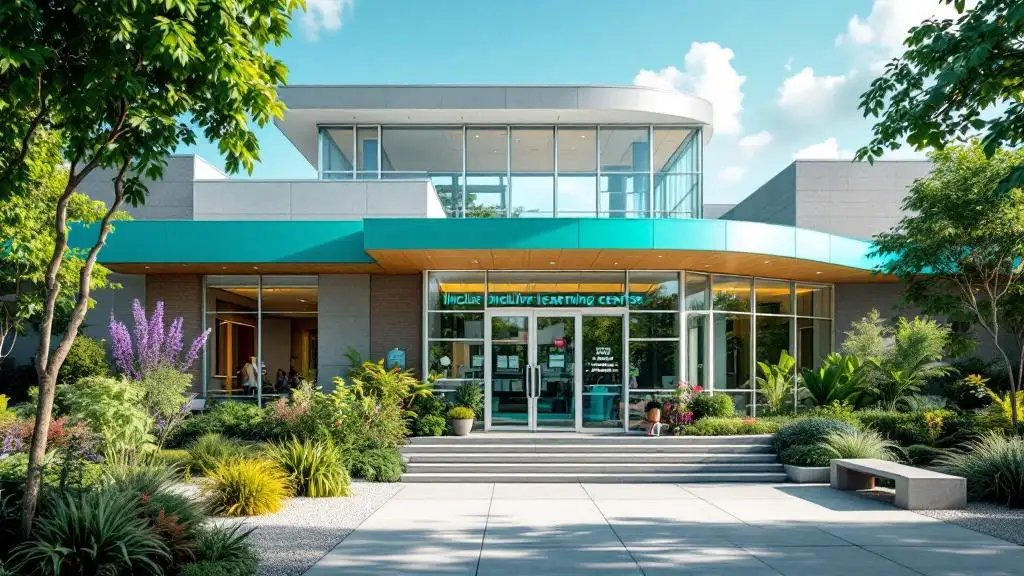Autism Conferences

Unlocking Opportunities for Learning, Collaboration, and Advocacy
Autism conferences serve as vital platforms where researchers, clinicians, educators, and families come together to share the latest advancements, strategies, and resources in autism spectrum disorder (ASD). As awareness increases, so does the diversity of events designed to meet the needs of various audiences—from professionals and caregivers to autistic individuals themselves. This article explores the latest developments in autism conferences scheduled for 2025 and 2026, highlighting their importance as hubs of learning, support, and community building.
Diverse Conferences Cater to All Stakeholders
 Various autism conferences serve different purposes and audiences, reflecting the broad scope of the autism community and the ongoing efforts to support and understand autism spectrum disorder (ASD). There are research-focused events, community-oriented gatherings, and policy discussion forums, each catering to specific stakeholder groups.
Various autism conferences serve different purposes and audiences, reflecting the broad scope of the autism community and the ongoing efforts to support and understand autism spectrum disorder (ASD). There are research-focused events, community-oriented gatherings, and policy discussion forums, each catering to specific stakeholder groups.
Research conferences like the INSAR Annual Meeting emphasize the latest scientific findings and advancements in autism research. These events attract researchers, clinicians, and academics dedicated to uncovering the genetic, neurological, and behavioral aspects of ASD. They foster collaboration among professionals and push forward the boundaries of scientific understanding.
Community-based events, such as the Autism Society of North Carolina's Autism: Health & Wellness conference or the Wisconsin Autism Conference, focus on delivering practical strategies, support networks, and resources for families and caregivers. These gatherings often include workshops, resource fairs, and peer-sharing opportunities to empower families and individuals living with autism.
Policy and advocacy conferences, like the World Autism Organisation's global meetings, aim to shape public policy, increase awareness, and promote inclusive practices. They bring together stakeholders from government, advocacy groups, and the private sector to discuss systemic changes and promote rights for autistic individuals.
Target audiences for these events vary widely. Professionals such as educators, therapists, and researchers attend to learn the latest practices and contribute to ongoing discussions. Parents and caregivers participate to gain insights, share experiences, and access resources. Autistic individuals themselves are increasingly involved, with some conferences featuring panels and presentations led by autistic speakers.
Here is a summary of different autism conferences and their primary focus areas:
| Conference Type | Focus | Main Audience | Additional Features |
|---|---|---|---|
| Research-Focused | Scientific discoveries, treatments | Researchers, clinicians, students | Presentations, poster sessions |
| Community & Support | Practical strategies, resources | Families, caregivers, autistic individuals | Workshops, resource fairs |
| Policy & Advocacy | Rights, legislation, inclusion | Policy makers, advocacy groups | Panel discussions, networking |
These diverse events highlight the multi-faceted effort to improve understanding, services, and quality of life for everyone affected by autism. They also underscore the importance of collaboration across disciplines and communities to foster an inclusive environment.
What are the different levels of severity in autism spectrum disorder (ASD) according to the DSM-5?
According to the DSM-5, autism spectrum disorder (ASD) is classified into three severity levels based on the level of support required: level 1 ("requiring support"), level 2 ("requiring substantial support"), and level 3 ("requiring very substantial support"). These levels are characterized by specific deficits in social communication and interaction, along with restricted and repetitive behaviors, with increasing severity from level 1 to level 3. Level 3 individuals face severe challenges in social communication, often responding minimally to social cues and exhibiting behaviors that significantly disrupt daily functioning, such as limited speech and unusual behaviors. Level 2 presents with pronounced social and communication deficits, including limited social engagement, while level 1 involves noticeable but less severe impairments, often manageable with some support.
Upcoming Conferences and Global Initiatives in 2025 and 2026
Several significant events are scheduled for 2025 and 2026, highlighting the ongoing commitment to autism research, intervention, and community support.
In early 2025, the Association for Behavior Analysis International (ABAI) will host its 19th Annual Autism Conference from January 17-19 in New Orleans, Louisiana. This event will explore evidence-based practices and include renowned speakers such as Dr. Tara Fahmie, Dr. David Wilder, and Dr. Martha Hübner. The conference offers a combination of workshops, networking, and continuing education opportunities for professionals.
Another top-tier event is the 16th International Pivotal Response Treatment Conference for Autism Spectrum Disorder, scheduled for September 20, 2025. It emphasizes cutting-edge therapeutic approaches, focusing on pivotal response treatment to enhance intervention strategies.
Regional conferences also play a vital role. The Profound Autism Summit is set for April 10-11, 2025, providing a platform for discussing profound autism-level supports. The INSAR 2025 Annual Meeting runs from April 30 to May 3, 2025, featuring the latest discoveries in autism neuroscience and genetics.
Globally, the World Autism Organisation plans to hold its next conference in 2026 in Niagara Falls, Ontario, Canada. Past events, such as the 2018 World Autism Conference, attracted thousands of participants worldwide, including Dr. Temple Grandin, promoting international collaboration.
These gatherings showcase distinguished keynote speakers, including experts like Mrs. Nasra Mirreh, and feature workshops, presentations, and panel discussions tailored to researchers, practitioners, and families. They serve as vital opportunities for sharing innovations, advocating for policy change, and strengthening the autism community across borders.
Educational Resources and Materials That Empower Participants
 Autism conferences serve as valuable hubs for learning and resource sharing, offering a variety of materials designed to support individuals affected by autism and their families. Attendees can access a range of session recordings, which are often made available online or through dedicated event applications. These recordings allow participants to revisit presentations and deepen their understanding of specific topics covered during the event.
Autism conferences serve as valuable hubs for learning and resource sharing, offering a variety of materials designed to support individuals affected by autism and their families. Attendees can access a range of session recordings, which are often made available online or through dedicated event applications. These recordings allow participants to revisit presentations and deepen their understanding of specific topics covered during the event.
In addition to digital content, conferences commonly distribute detailed PDF handouts and downloadable toolkits. These resources encompass essential information on mental health strategies, sensory accommodations, communication techniques, and transition planning tailored for different age groups. Printed materials such as event maps, bios of keynote speakers, and resource directories of local support services further assist attendees in navigating the conference and connecting with relevant organizations.
To foster an inclusive environment, organizers incorporate visual and auditory supports. This includes captioned videos for those with hearing impairments, sign language interpreters, and sensory-friendly settings with adjustable lighting and sensory toys to accommodate individuals with sensory sensitivities.
Participants typically leave conferences equipped with practical resources and strategies designed to be implemented at home, in schools, or within community settings. These materials reinforce the ongoing importance of education, advocacy, and community support, helping to empower individuals on the autism spectrum and those who support them.
Key Themes and Advocacy Topics in 2025 Conferences
What are the key topics discussed at upcoming autism conferences?
In 2025, autism conferences are emphasizing a broad range of topics aimed at improving understanding, support, and advocacy for individuals on the autism spectrum. A notable event, the 11th Annual Autism Conference & Expo in Georgia, will focus on how cultural perspectives influence autism services. This underscores the importance of culturally responsive practices that meet diverse community needs.
Similarly, the VTCAR Biennial Spring Conference centers on mental health and well-being across all ages. This includes discussions on emotional regulation, mental health best practices, and promoting overall life quality for autistic individuals.
Beyond these, many conferences highlight emerging research themes such as innovative intervention strategies, inclusive education, employment opportunities, and policy development. The International Society for Autism Research (INSAR) and other major gatherings continue to exchange the latest scientific findings and foster policy discussions.
These diverse topics represent a comprehensive approach to addressing the complex, evolving needs of the autism community. They enable professionals, families, and individuals to stay informed about new strategies, advocate effectively for resources, and build inclusive communities.
Additional Opportunities for Learning and Community Engagement
Autism conferences provide a wide range of educational opportunities and training sessions that help professionals, families, and caregivers expand their expertise. One notable example is the pre-conference workshop at the UVU Autism Conference, where Dr. Greg Hanley led a session focused on addressing problem behaviors, offering participants practical strategies and in-depth knowledge.
Many conferences also grant continuing education credits, which are essential for teachers, clinicians, and caregivers seeking to update their skills and maintain their professional licenses. The University at Albany’s Fall and Spring Conferences are exemplary in this regard, offering sessions on behavior intervention plans, emotion regulation, and other critical topics, with opportunities to earn contact hours tailored to various credentials.
Virtual networking activities, online modules, and caregiver retreats further enrich these educational offerings. For instance, the planned 2025 Caregiver Retreat aims to build community support, sharing resources and fostering self-care for those supporting individuals with autism. These accessible, diverse formats ensure that both professionals and families can participate in ongoing learning, stay current with new research, and develop effective strategies for supporting autistic individuals in various settings.
Embracing a Future of Knowledge and Inclusivity
Autism conferences continue to evolve as vital platforms for education, advocacy, and community building. With a diverse array of events planned around the world in 2025 and 2026, stakeholders from all backgrounds have unprecedented opportunities to learn, collaborate, and shape a more inclusive future. Whether through groundbreaking research presentations, culturally responsive practices, or hands-on training sessions, these gatherings foster a shared commitment to empowering autistic individuals and their families. As the autism community grows and diversifies, conferences will remain essential in driving progress and understanding across the spectrum.
References
- Events | Autism Speaks
- Autism Events | IACC
- Conferences - Autism Society of Greater Wisconsin
- Autism Conference - Center for Leadership in Disability
- Autism/ABA Conferences 2024 - Autism Legal Resource Center
- 19th Annual Autism Conference
- Top Autism Conferences for Parents
- 20th Annual Thompson Center Autism Conference – September 11 ...
- World Autism Conference
- Annual Autism Conference | Autism Society of NC





































































































